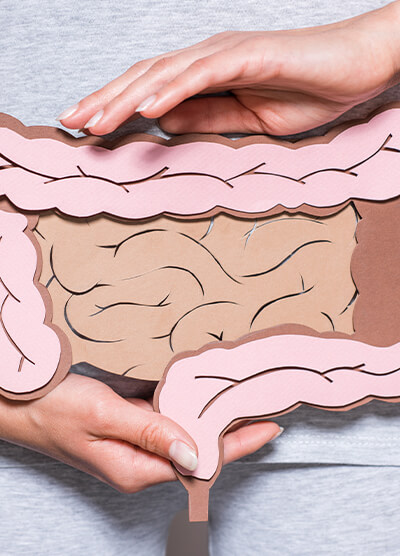When GI physicians talk about functional GI problems, they mean that despite a healthy looking gastrointestinal tract, it is not functioning as it should and is causing various GI symptoms.
Types of Functional GI Disorders
Functional GI disorders are the most common problems that bring patients in to see their doctor. For example, constipation and IBS can occur despite getting the all-clear from your doctor after an upper endoscopy and colonoscopy, both of which can reveal nothing wrong in your GI tract.
Constipation
Many people suffer from occasional difficulty passing stool. However, when the problem becomes chronic or severe, it may indicate any number of GI disorders. If no other cause can be found for your constipation, it may be considered a functional disorder.
There are a number of actions that contribute to chronic constipation. For example, resisting the urge to have a bowel movement can contribute to the problem, which is why it is important to pass stool when the urge occurs, whenever possible. Relying on laxatives can also contribute to the problem by weakening your bowel muscles over time, so you become unable to pass stool without the use of laxatives.
Irritable Bowel Syndrome (IBS)
IBS is actually a group of disorders all characterized by stomach pain and other symptoms associated with bowel movements. While triggers may be different for everyone, common culprits include certain foods, medications, and emotional stress.
Lifestyle Issues and Functional GI Disorders
Often, certain lifestyle or environmental conditions can contribute to a patient’s GI symptoms. These include:
- Inadequate fiber
- Little to no physical exercise
- Medication side effect
- Poor nutrition
- Pregnancy
- Sedentary lifestyle
- Stress
- Too much caffeine
If you think you may have a functional GI disorder, contact the gastrointestinal specialists at the location nearest you to find out how we can help.


